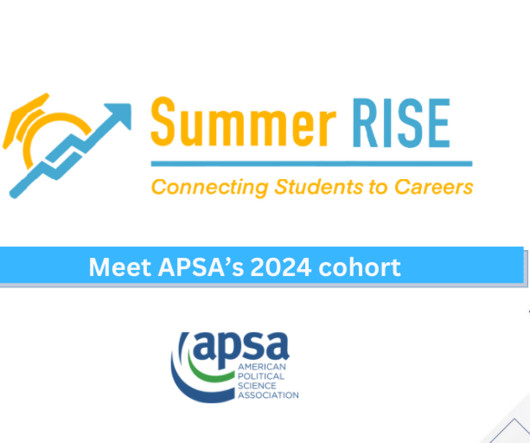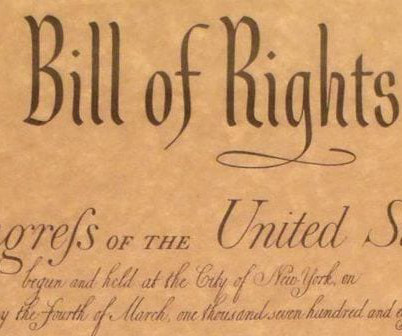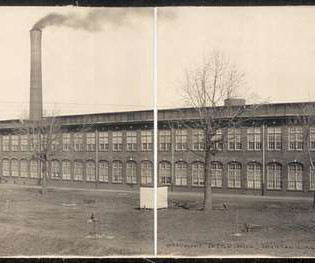The Future of Democracy Depends on a Quality Civics Education
ED Surge
OCTOBER 11, 2023
Fortunately, in light of democracy’s fragility, there has been a steady increase in initiatives from federal and state governments to incorporate civics education in K-12 classrooms. In 2020, California adopted a State Seal of Civic Engagement that high school students can earn upon graduation.













Let's personalize your content